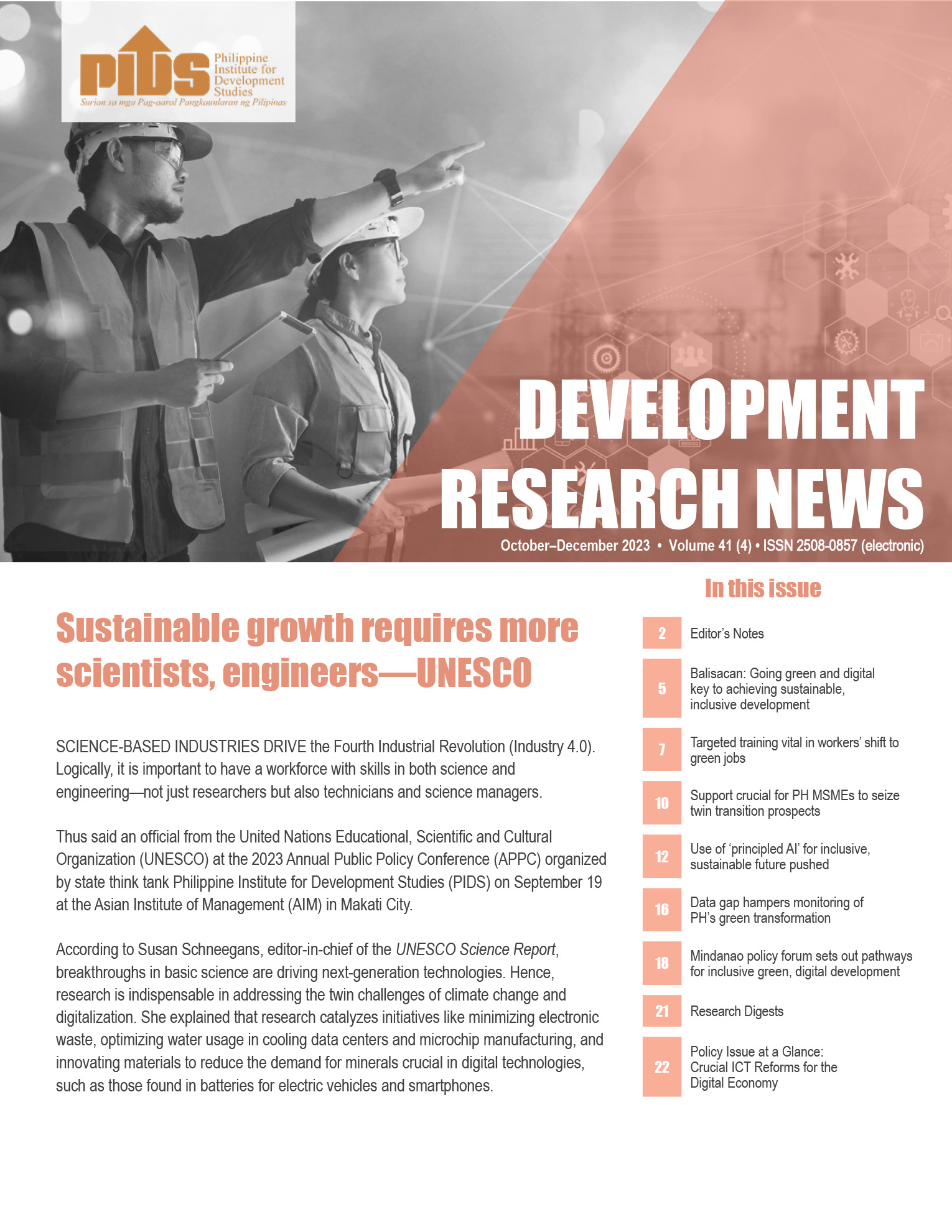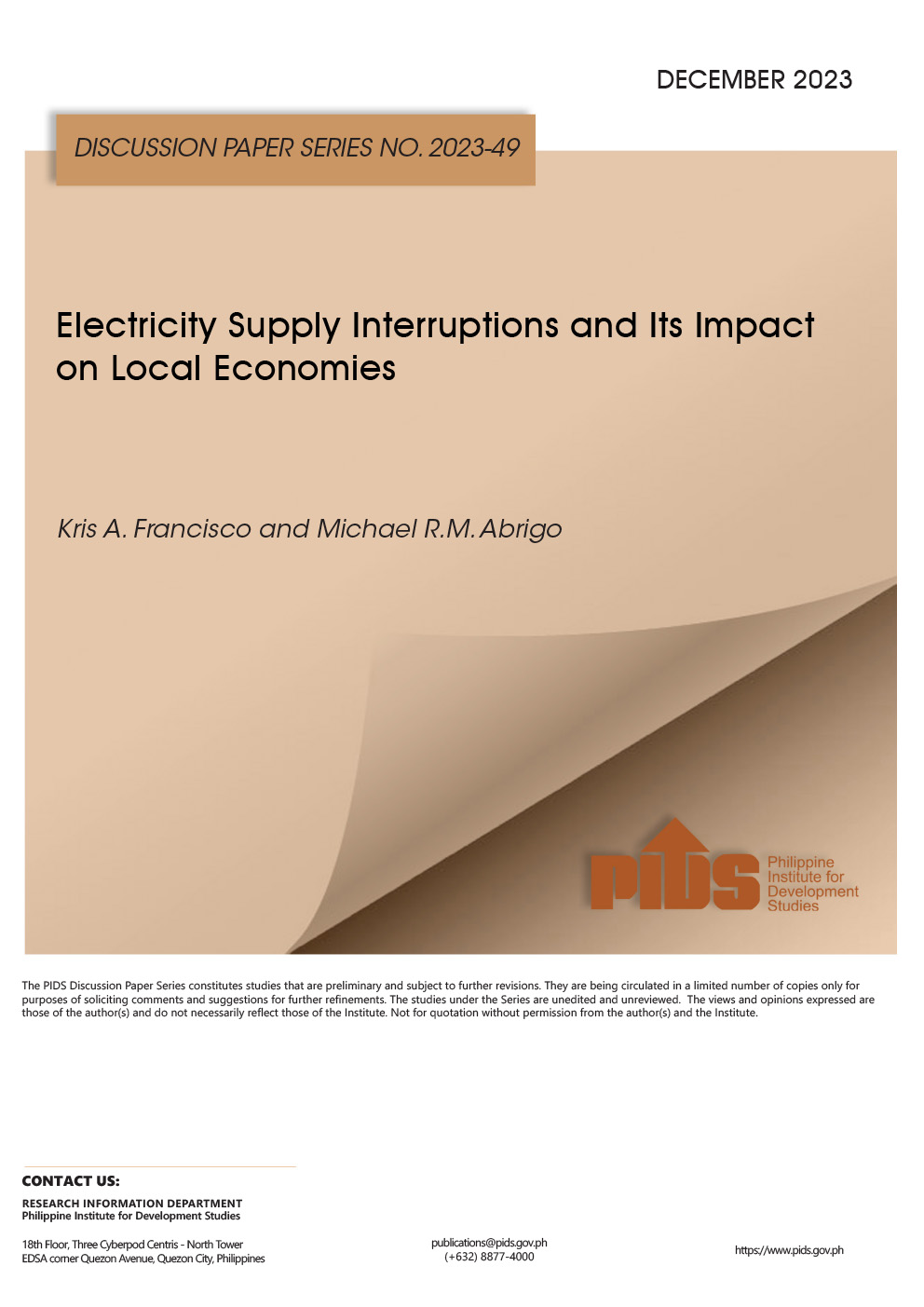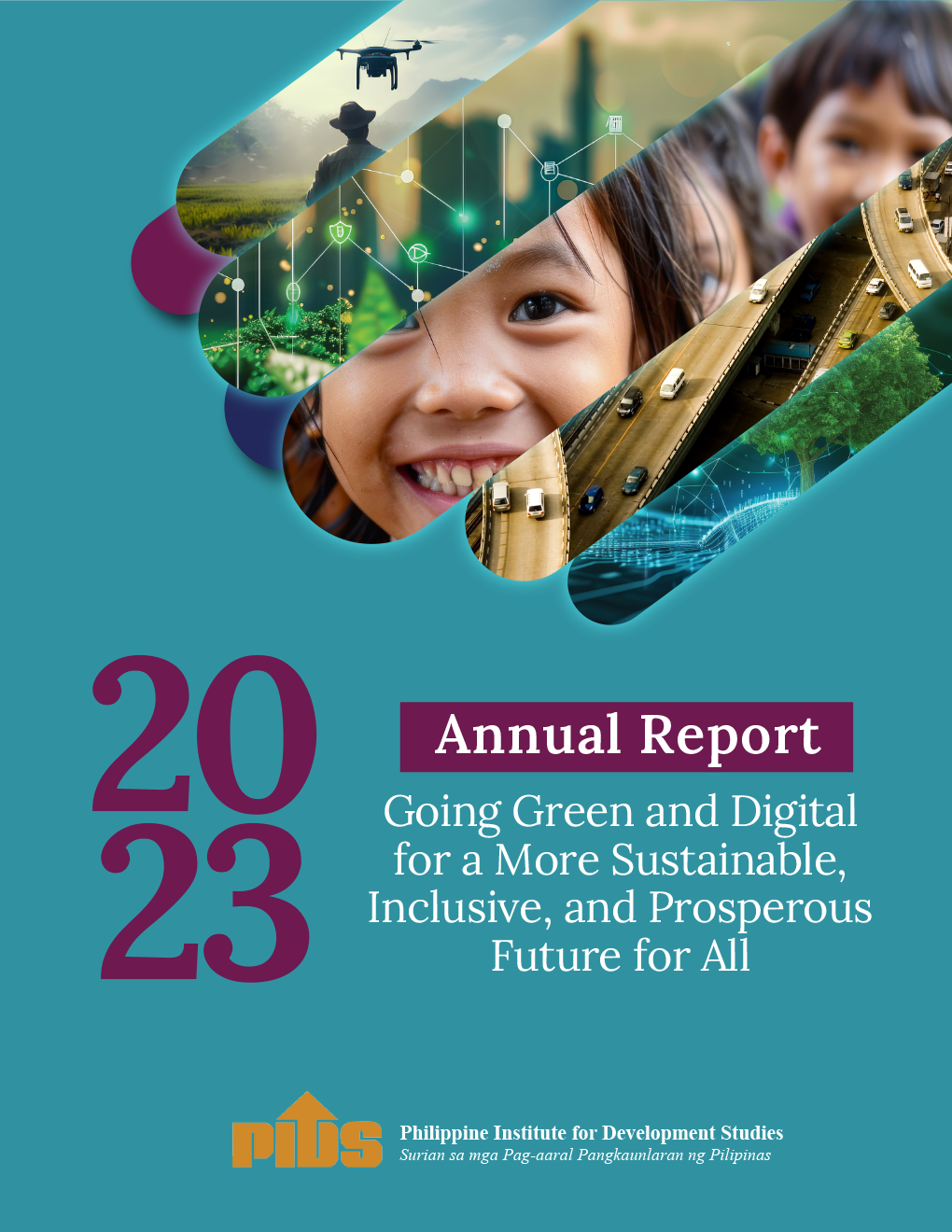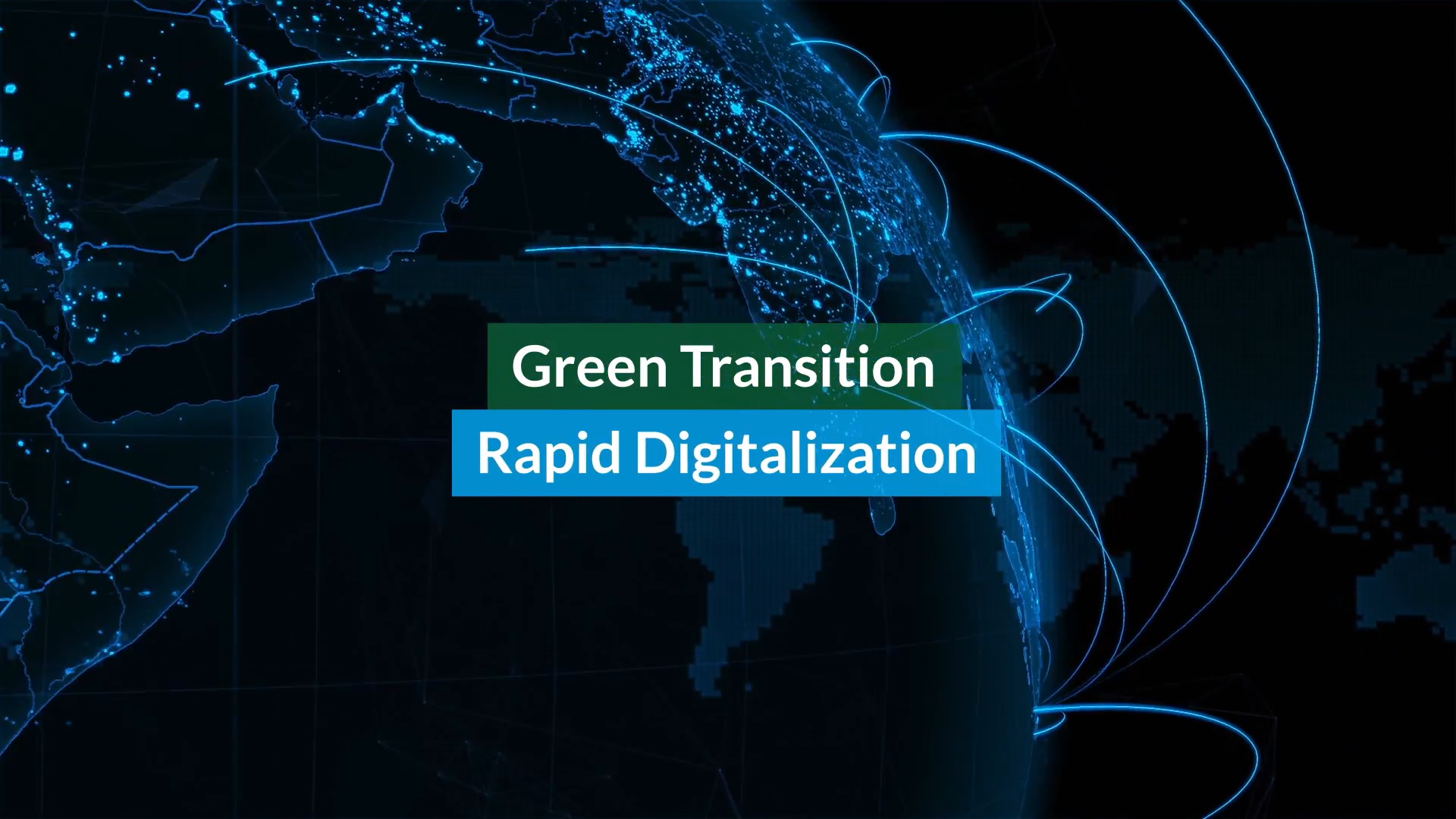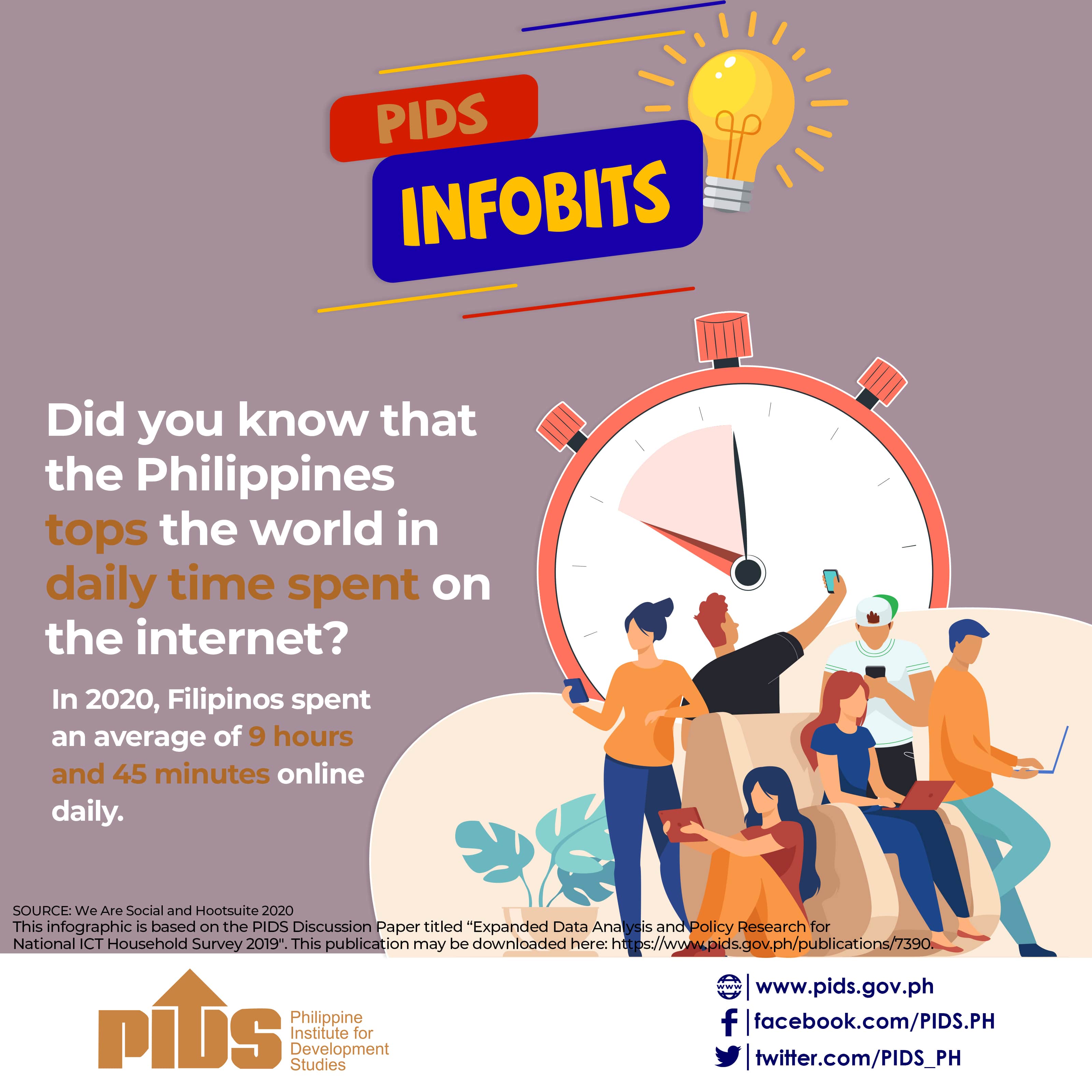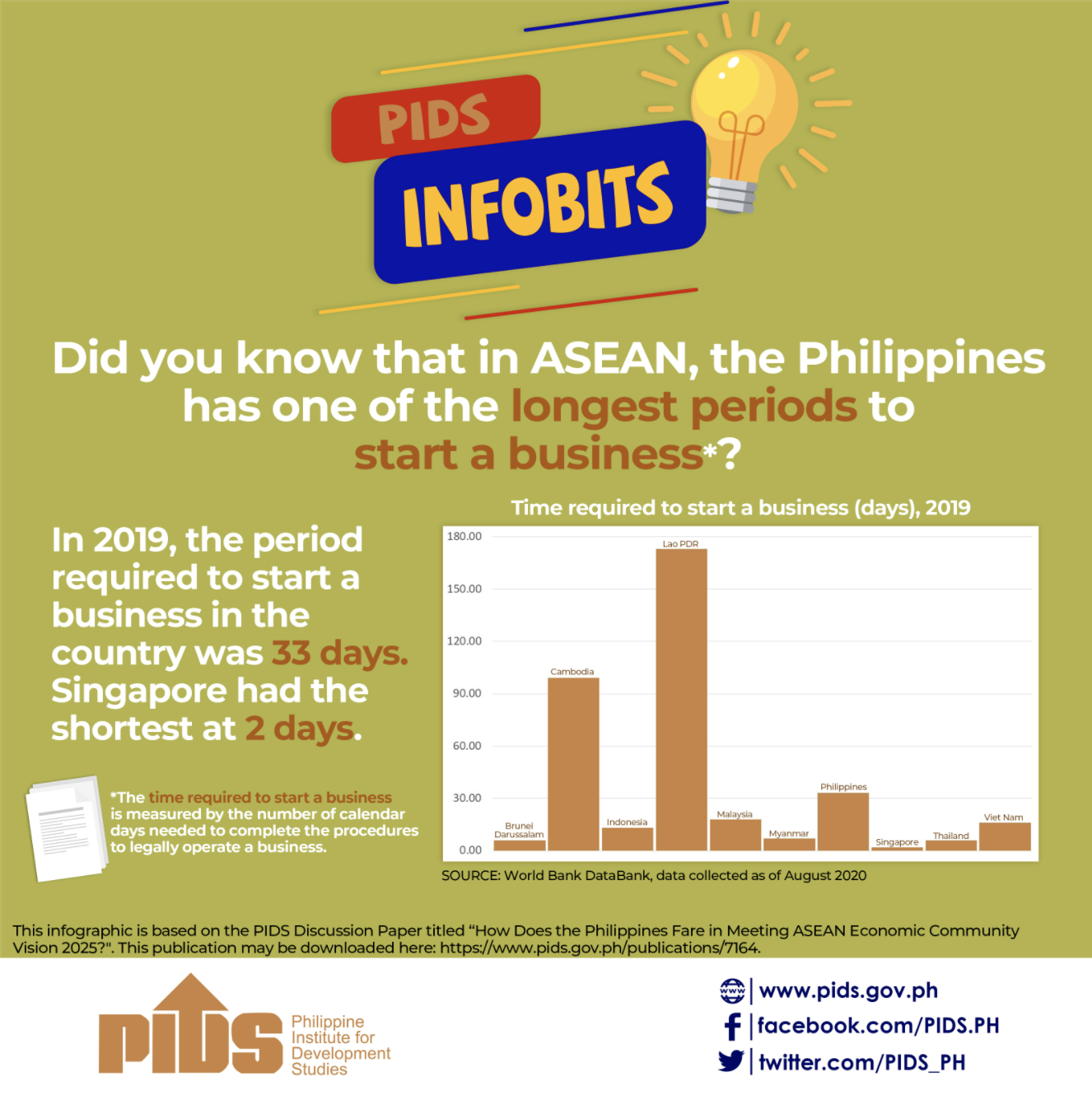Brothers and sisters, since the beginning of the community quarantine in the country, brought about by the Covid-19 pandemic, we have heard numerous times the words “mas maraming mamamatay sa gutom kaysa sa Covid” (“more people would die from hunger than from Covid”).
This is not a delusion. Millions of Filipinos have been denied opportunities to work and lost chances to provide enough food for their families. Even before the country felt the effects of the pandemic, we have been affected by suffering, loss of jobs, and hunger. Unfortunately, the steps the government took to stop the spread of Covid-19 have worsened these problems.
According to a report by the international NGO Oxfam, it is possible that more people will die from hunger than from Covid-19. Now that we’re in the middle of a pandemic, our economy is experiencing what we call a “recession” after our country’s gross domestic product or GDP went down to 16.5% in the second quarter of the year. This caused a halt in many businesses and loss of jobs. From the Philippine Institute of Development Studies or PIDS, the number of people trapped in poverty may increase by 1.5 million this year. Many of them consist of daily wage earners. And without money, there wouldn’t be anything to spend for food. Thus, hunger is inevitable. In the survey results released by the Social Weather Stations in the past month, over five million Filipinos are experiencing hunger because of the lack of food amid the Covid-19 crisis. Truly, this pandemic has pulled our fellowmen who were already poor into the brink of destitution.
The pandemic has also illuminated the inequality in society. On one hand, there are a few homes that are comfortable because they can work from home and continue getting paid. Those with cars can go to markets and stock up on food that could last for months. Others can have their food, medicine, and groceries delivered with the use of their smartphones.
On the other hand, many of our fellow Filipinos are desperately queuing for financial assistance and food; some are forced to beg in the streets; and many farmers suffer from the difficulty of bringing their goods to markets. Some people have no choice but to walk for miles just to get to work. Our economic situation worsened because of government’s missteps in addressing the needs of the poor amid this pandemic. As people can’t go to work—or were retrenched—many will not be spared from the claws of poverty. The next steps and policies the government will take must prioritize the welfare of the poor.
One of the basic principles of the Catholic social teaching is what we call preferential option for the poor. It is a challenge for all of us, especially for Christians, to act with compassion for the poor, not because they are special, but because they are victims of injustice in our society. We can practice compassion, for example, by becoming the voices of those who aren’t heard at all. We can also live a modest life and try to help those in need. Of course, we can help scrutinize laws and policies that affect our brothers and sisters who are neglected and denied opportunities to live with dignity. As Christians, it is our duty to address the needs of all our neighbors, but those who live in great suffering are the ones more in need of help.
Brothers and sisters, we as followers of Christ are reminded that part of our faith in God is to look after the welfare of the hungry and the poor. In the book of Isaias, “Is it not to share your food with the hungry and to provide the poor wanderer with shelter—when you see the naked, to clothe them, and not to turn away from your own flesh and blood?” This is our calling—to become generous to all our neighbor
This is not a delusion. Millions of Filipinos have been denied opportunities to work and lost chances to provide enough food for their families. Even before the country felt the effects of the pandemic, we have been affected by suffering, loss of jobs, and hunger. Unfortunately, the steps the government took to stop the spread of Covid-19 have worsened these problems.
According to a report by the international NGO Oxfam, it is possible that more people will die from hunger than from Covid-19. Now that we’re in the middle of a pandemic, our economy is experiencing what we call a “recession” after our country’s gross domestic product or GDP went down to 16.5% in the second quarter of the year. This caused a halt in many businesses and loss of jobs. From the Philippine Institute of Development Studies or PIDS, the number of people trapped in poverty may increase by 1.5 million this year. Many of them consist of daily wage earners. And without money, there wouldn’t be anything to spend for food. Thus, hunger is inevitable. In the survey results released by the Social Weather Stations in the past month, over five million Filipinos are experiencing hunger because of the lack of food amid the Covid-19 crisis. Truly, this pandemic has pulled our fellowmen who were already poor into the brink of destitution.
The pandemic has also illuminated the inequality in society. On one hand, there are a few homes that are comfortable because they can work from home and continue getting paid. Those with cars can go to markets and stock up on food that could last for months. Others can have their food, medicine, and groceries delivered with the use of their smartphones.
On the other hand, many of our fellow Filipinos are desperately queuing for financial assistance and food; some are forced to beg in the streets; and many farmers suffer from the difficulty of bringing their goods to markets. Some people have no choice but to walk for miles just to get to work. Our economic situation worsened because of government’s missteps in addressing the needs of the poor amid this pandemic. As people can’t go to work—or were retrenched—many will not be spared from the claws of poverty. The next steps and policies the government will take must prioritize the welfare of the poor.
One of the basic principles of the Catholic social teaching is what we call preferential option for the poor. It is a challenge for all of us, especially for Christians, to act with compassion for the poor, not because they are special, but because they are victims of injustice in our society. We can practice compassion, for example, by becoming the voices of those who aren’t heard at all. We can also live a modest life and try to help those in need. Of course, we can help scrutinize laws and policies that affect our brothers and sisters who are neglected and denied opportunities to live with dignity. As Christians, it is our duty to address the needs of all our neighbors, but those who live in great suffering are the ones more in need of help.
Brothers and sisters, we as followers of Christ are reminded that part of our faith in God is to look after the welfare of the hungry and the poor. In the book of Isaias, “Is it not to share your food with the hungry and to provide the poor wanderer with shelter—when you see the naked, to clothe them, and not to turn away from your own flesh and blood?” This is our calling—to become generous to all our neighbor

